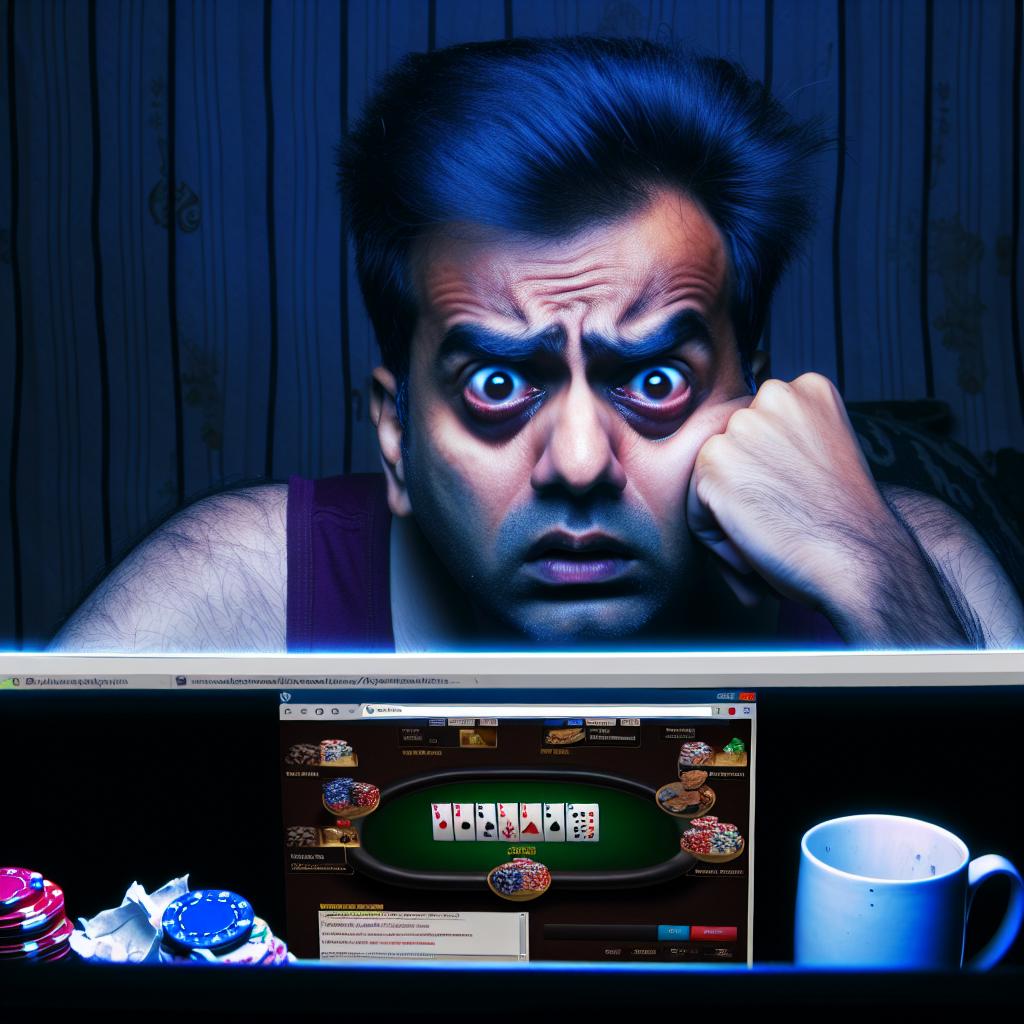Anxiety and Excessive Gaming
Excessive gaming has become a notable issue as digital entertainment continues to play a significant role in modern society. While gaming offers several advantages, such as enhancing cognitive skills and providing pleasure, the impact on mental health when not managed effectively can be detrimental. Notably, one major concern associated with prolonged gaming is the escalation of anxiety levels.
Understanding Anxiety
Anxiety is a natural human reaction to stress, commonly characterized by feelings of unease, nervousness, or fear. These emotions can manifest through both psychological and physiological responses including increased heart rate, sweating, and restlessness. While occasionally experiencing anxiety is a normal aspect of life, chronic or excessive anxiety can develop into disorders that substantially affect daily functioning and overall well-being. Anxiety disorders, such as generalized anxiety disorder, social anxiety disorder, and panic disorder, require attention and management to prevent further complications. For a comprehensive discussion on anxiety disorders and their symptoms, an essential resource is available here.
Links Between Gaming and Anxiety
Research endeavors have highlighted a connection between obsessive gaming practices and heightened anxiety levels. Though gaming, in itself, is not inherently harmful, excessive engagement and the manner in which gaming sessions are conducted can significantly contribute to anxiety through several mechanisms:
Disrupted Sleep Patterns: Stretched gaming sessions frequently interfere with normal sleep schedules. Inconsistent sleep can exacerbate stress and anxiety levels since adequate rest is crucial for emotional regulation and mental clarity. Sleep deprivation can impair cognitive functions and amplify stress responses, thereby heightening anxiety.
Isolation: Engaging in long gaming hours often results in reduced time for face-to-face social interactions and physical activities. This isolation can provoke a sense of loneliness and lead to social anxiety. Human interaction and community engagement are pivotal for maintaining mental health. A deficiency in such interactions contributes to anxiety disorders.
Performance Pressure: The gaming world, especially competitive arenas, oftentimes imposes undue stress on players to excel. Persistent pressure in striving for superior performance can induce stress and anxiety over extended periods. The drive to achieve higher rankings or win tournaments invariably affects mental well-being by introducing unnecessary stressors.
Signs of Gaming-Induced Anxiety
Recognizing the symptoms of anxiety stemming from excessive gaming is vital to enable timely intervention and prevention of long-term psychological consequences. Some common signs indicative of gaming-induced anxiety include:
- A persistent urge to engage in gaming for extended durations, often without taking necessary breaks.
- Increased irritability, nervousness, or unease when not participating in gaming activities.
- Disregarding personal health, hygiene, or interpersonal relationships due to excessive gaming.
- Experiencing physical manifestations such as frequent headaches, chronic fatigue, or challenges in concentration.
Exploring mental health in association with digital activities can be insightful. Additional resources can be accessed here for a more profound understanding.
Managing Gaming-Related Anxiety
Effectively managing anxiety that arises from extensive gaming requires conscious efforts and strategic interventions. Some constructive approaches include:
Setting Limits: Implementing a fixed schedule for gaming hours will aid in maintaining a balanced lifestyle. Allocating specific times for gaming, interspersed with rest and other activities, will ensure variety in daily routines and prevent burnout.
Mindfulness Practices: Engaging in mindfulness exercises or techniques, such as meditation, deep-breathing exercises, or yoga, can significantly alleviate stress and anxiety. Such mindfulness practices encourage relaxation and provide an opportunity to disconnect from gaming and reconnect with oneself.
Seek Professional Help: If symptoms of anxiety persist despite attempts at managing them, it is crucial to consult with mental health professionals. Guidance and intervention from professionals can be instrumental in identifying underlying issues and providing appropriate treatments or therapies.
Understanding the implications of gaming on mental health is essential to cultivate a balanced approach to digital entertainment. By discerning the signs and effectively implementing preventive strategies, gamers can enjoy digital experiences without compromising their emotional and mental well-being. For further resources and support systems, mental health groups and organizations can be explored here.
In conclusion, excessive gaming is a contemporary issue that requires balanced engagement. Recognizing the potential risks associated with unmanaged gaming habits is crucial in preventing anxiety and promoting healthier gaming lifestyles. While gaming undoubtedly offers significant benefits and is an increasingly popular form of entertainment, staying alert to psychological indicators and maintaining a disciplined approach will ensure a positive, enriching experience without the adverse effects on mental health.

